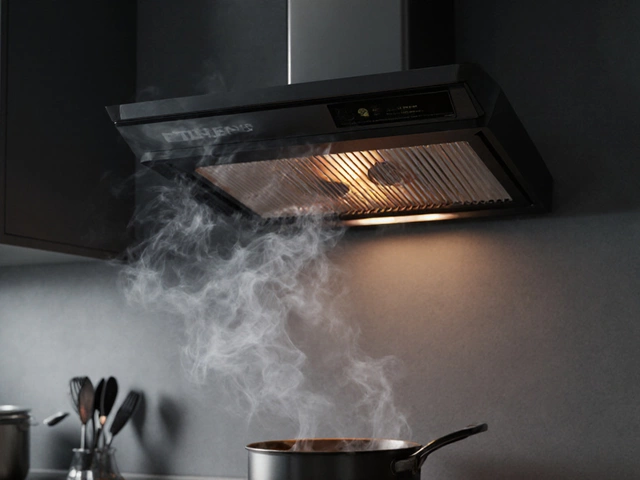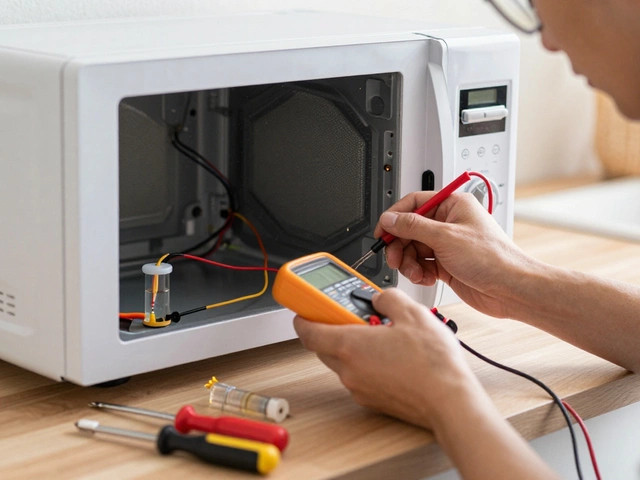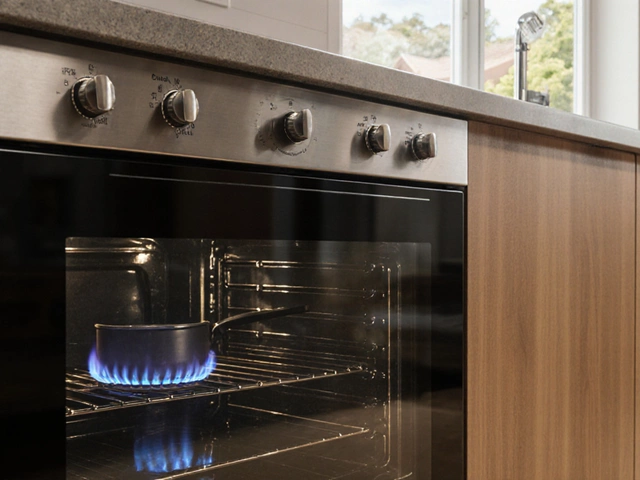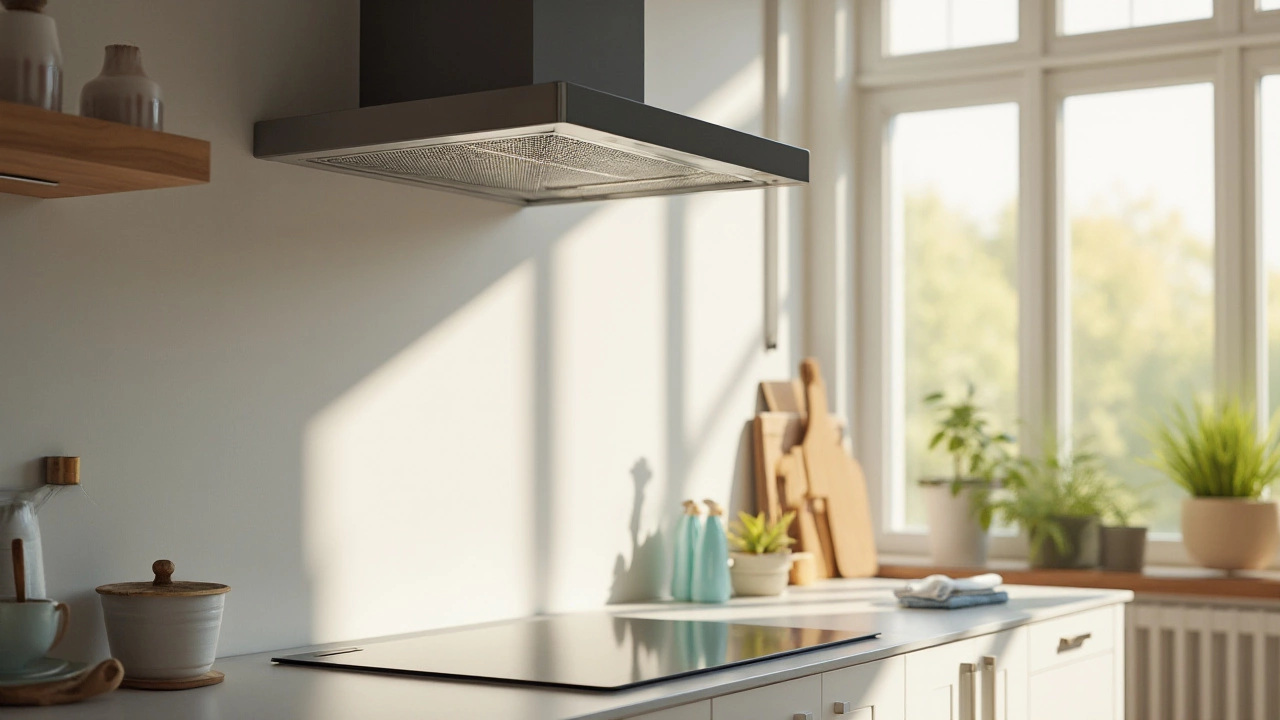Fan Upkeep – Simple Steps to Keep Your Extractor Fans Working
If your kitchen or bathroom fan is getting noisy, losing power, or leaving behind damp smells, it probably needs a bit of love. Regular upkeep stops those problems before they turn into costly repairs. The good news? Most fan maintenance can be done in under an hour with a screwdriver, a soft brush, and a little patience.
Why regular fan upkeep matters
Fans pull moisture and cooking fumes out of the room. When they get clogged with grease or dust, they work harder, use more electricity, and can overheat. That extra strain shortens the motor’s life and raises your energy bill. A clean fan also stops mold from growing on the housing – a serious health risk, especially in bathrooms.
Step‑by‑step fan maintenance checklist
1. Turn off power. Before you touch anything, switch off the circuit breaker or unplug the fan. Safety first.
2. Remove the cover. Most extractor fans have a snap‑on or screw‑on grille. Pop it off and set it aside.
3. Clean the grille. Soak the grille in warm, soapy water for about 10 minutes. Use a soft brush to scrub away grease or dust, then rinse and dry.
4. Vacuum the interior. With a handheld vacuum or a brush attachment, gently remove loose dust from the fan blades and housing. Avoid touching the motor wires.
5. Check the fan blades. If they look bent or warped, carefully straighten them with pliers. A balanced blade runs quieter and lasts longer.
6. Lubricate moving parts. Some fans have a small oil hole on the motor shaft. If you see one, add a few drops of lightweight machine oil. Most modern fans are sealed and don’t need oil – skip this step if there’s no access point.
7. Inspect the wiring. Look for loose connections, frayed insulation, or signs of moisture. Tighten any loose screws and replace any damaged wires before turning the power back on.
8. Re‑assemble and test. Snap the grille back on, restore power, and switch the fan on. Listen for any odd noises and feel the airflow. If it’s still weak or noisy, the motor might be failing and you’ll need a pro.
Doing this routine every 3‑6 months keeps your fans humming smoothly. If you notice a persistent buzz, a burning smell, or the fan won’t start at all, call a qualified technician. Trying to fix a burnt‑out motor yourself can be dangerous and may void warranties.
Besides cleaning, consider upgrading to a fan with a built‑in timer or humidity sensor. Those models automatically turn off when the room is dry, saving energy and reducing wear.
Remember, a well‑maintained fan is a quiet, efficient part of your home. Spend a few minutes now, and you’ll avoid headaches, higher bills, and uncomfortable moisture later.






